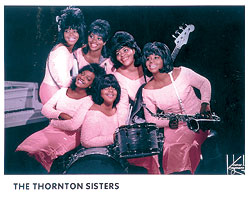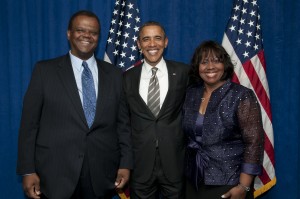The debate over health insurance has certainly been heated over the past few years, and most of those arguments stemmed from concerns over financing and constitutional rights. More recently though, it seems they have decided to narrow their focus to something a little more personal for women, and that’s contraception. Although employers rarely want to know what you’re using your health insurance for due to privacy concerns, some would like to prevent their female employees from using their insurance for birth control.
The arguments behind this have been few. Some claim that cutting birth control out of their health insurance plans would save money. While this is somewhat true, in the grand scheme of things, it’s a bit ridiculous. Birth control is easy to produce and access, and with so many competing contraception options and companies, the price is affordable. Additionally, when female employees take birth control, they prevent pregnancies, which are much more costly for health insurance plans in the way of prenatal check-ups, hospital stays, maternity leave, and eventually, another family member to add to the plan. In the long run, employers would actually save money by giving their employees access to contraception.
Money isn’t the only argument though. There are religious organizations that don’t want to provide birth control to their employees out of religious, or moral, concerns. Although the foundation of their organization stems from a particular religion, they employ people who are not necessarily a part of that faith. There are religious hospitals, private schools, and nonprofit organizations for example, who have hundreds of staff members from all walks of life. They feel that they have a right to impose their moral judgment on all of their employees. If they must abide by the same antidiscrimination laws that prevent them from firing someone because of their religion, race, or sexual orientation, then why should they be allowed to discriminate when it comes to health insurance?
Obviously, as a physician, I believe that the gift of life is precious. That’s also why I believe though, that women need to be ready to receive that gift. It takes a huge commitment to raise a child, and even more to develop that child into an intelligent, caring, and well-balanced person. Our jobs are there to give us the opportunity to provide for our families, both in terms of money and health insurance and in terms of allowing a woman, mother or not, to feel as if she is self-sufficient, contributing and using the talents that she has developed over a lifetime. Mothers especially need an outlet other than their children. Our jobs have no right to decide when we start that family though and by no means do they have the authority to judge the morality of our decisions.
– Yvonne S. Thornton, M. D., M. P. H.





